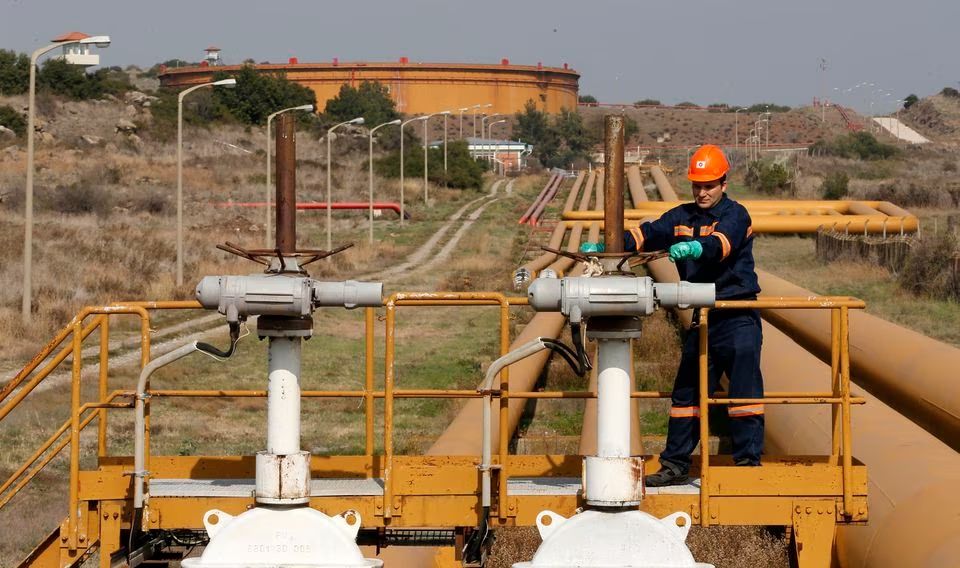The suspension of oil exports from the Kurdistan Region of Iraq to Turkey by the Turkish government has inflicted a staggering financial blow of approximately six billion dollars on both the Kurdish and Iraqi governments since March this year, according to a statement made by Safeen Dizayee, the head of the Kurdistan Regional Government’s Department of Foreign Relations.
The crisis emerged after a Paris-based arbitration court passed a verdict on March 23, 2023, favoring Baghdad in its dispute against Ankara. The court directed Turkey to pay a substantial penalty of $1.5 billion in damages to the Iraqi capital for its support of the Kurdish authorities’ autonomous oil exports during the period spanning 2014 to 2018.
Speaking to Diyar Kurda of Rudaw on the sidelines of the United Nations General Assembly in New York, Safeen Dizayee expressed his dismay, calling the situation “mathematically illogical.” He noted that the suspension of oil exports had led to losses of nearly $6 billion for both the Iraqi federal budget and the Kurdistan Region since March.
Dizayee revealed that by August 29, the region had already incurred losses totaling $5 billion. Prior to the suspension, Erbil was exporting approximately 400,000 barrels of oil daily through Ankara, with an additional 75,000 barrels sourced from the federally-controlled Kirkuk fields.
Regarding the $1.5 billion penalty, Dizayee pointed out that it was beyond the Iraqi government’s authority to forgive Turkey. He suggested that a parliamentary ruling might be necessary to address the matter but also emphasized the possibility of finding a mutually beneficial solution.
Despite the signing of an agreement between Erbil and Baghdad in April to resume oil exports from the Kurdistan Region, there has been no actual flow of oil through the Iraq-Turkey pipeline. Ankara had previously cited damage to the pipelines caused by strong earthquakes in February as the reason for the delay.
In July, Turkish President Recep Tayyip Erdogan asserted that the suspension of oil exports from the Kurdistan Region was primarily due to disputes between the federal government and the KRG and that Turkey was eager to receive the oil. Iraq’s oil ministry swiftly responded, stating that Erbil and Baghdad were aligned in their efforts to restart exports.
The Kurdistan Regional Government heavily relies on oil revenues, and the inability to sell crude oil has severely impacted its economy. The crisis has prevented the government from paying civil servants in full and on time for nearly a decade, further worsening the financial crisis. Public employees have yet to receive their July salaries.
Under Iraq’s 2023 budget, the KRG is obligated to sell 400,000 barrels of crude oil through Iraq’s national oil marketing body. If the suspension of exports persists, Iraq may redirect Kurdish oil for its internal use.
Iraqi Prime Minister Mohammed Shia’al-Sudani, speaking at the Middle East Global Summit in New York, emphasized that Turkey’s failure to resume Kurdistan Region oil exports violated a 1973 agreement. He stated, “We are waiting for a signal from Turkey to resume exports because its halt violates the original agreement between Iraq and Turkey in 1973.”
The dispute between Turkey, Iraq, and the Kurdistan Region continues to escalate, with substantial economic consequences for all parties involved. The international community closely watches for potential solutions to this complex issue.
Source: Gerçek News



